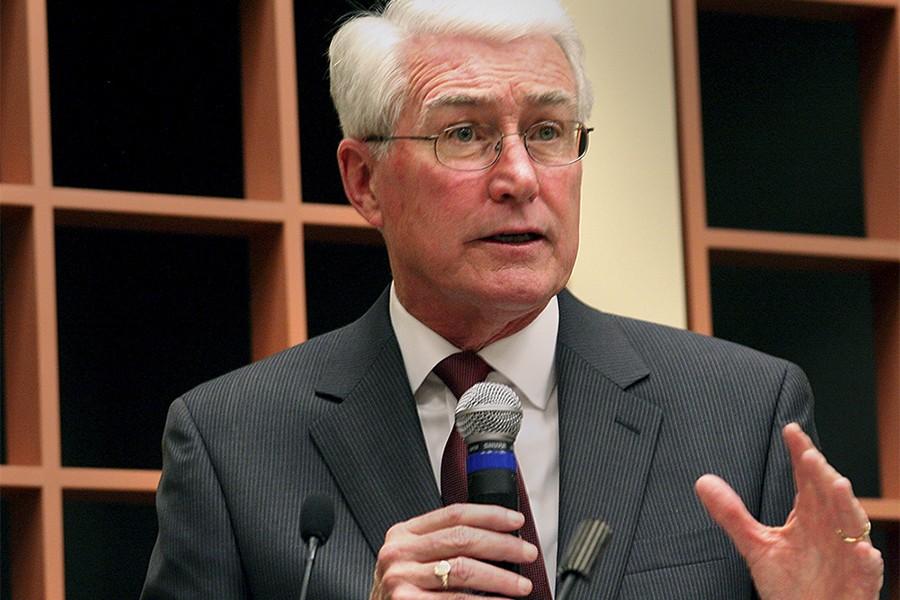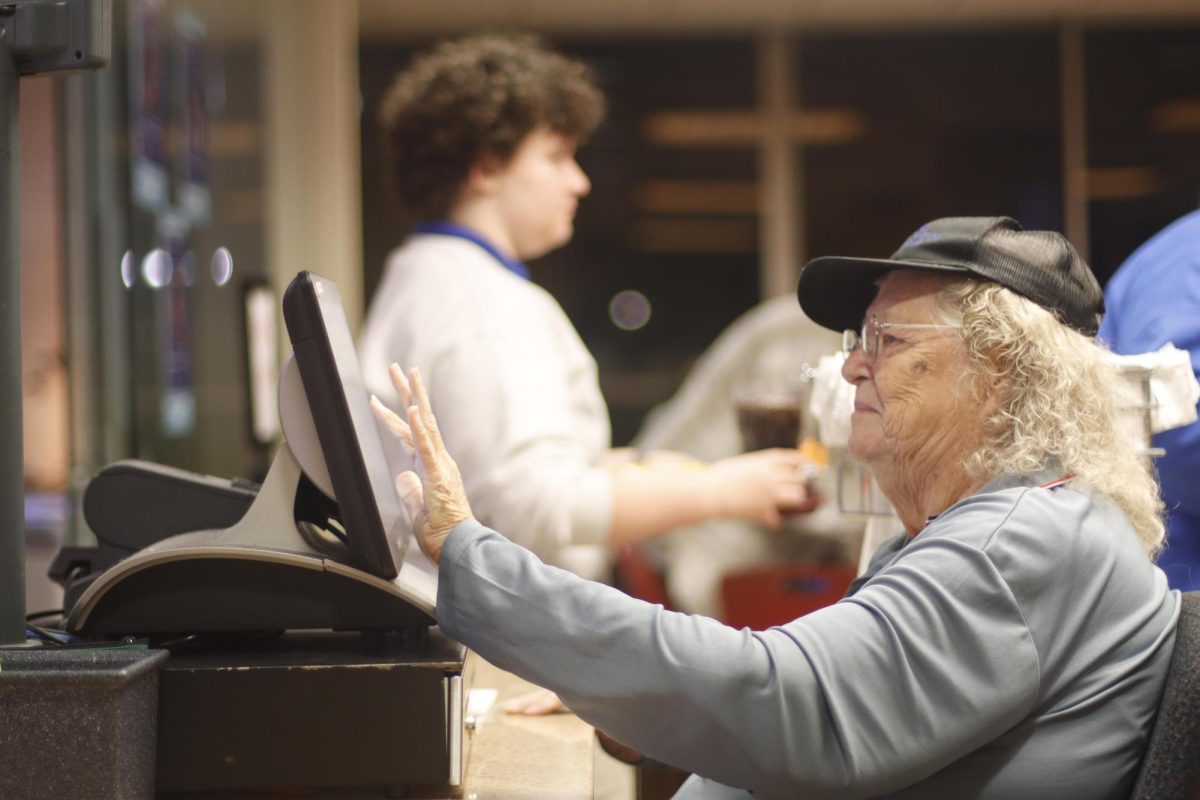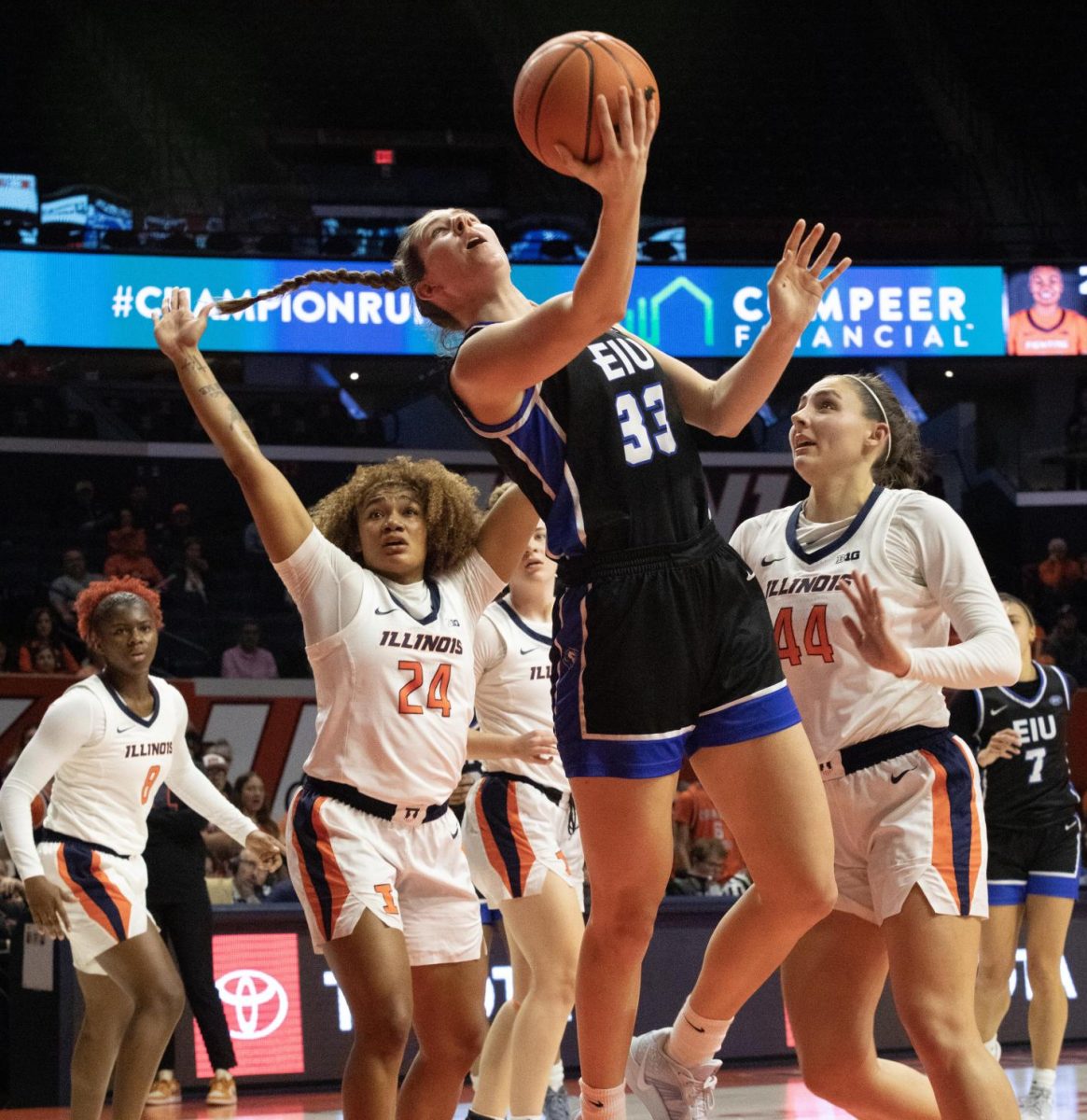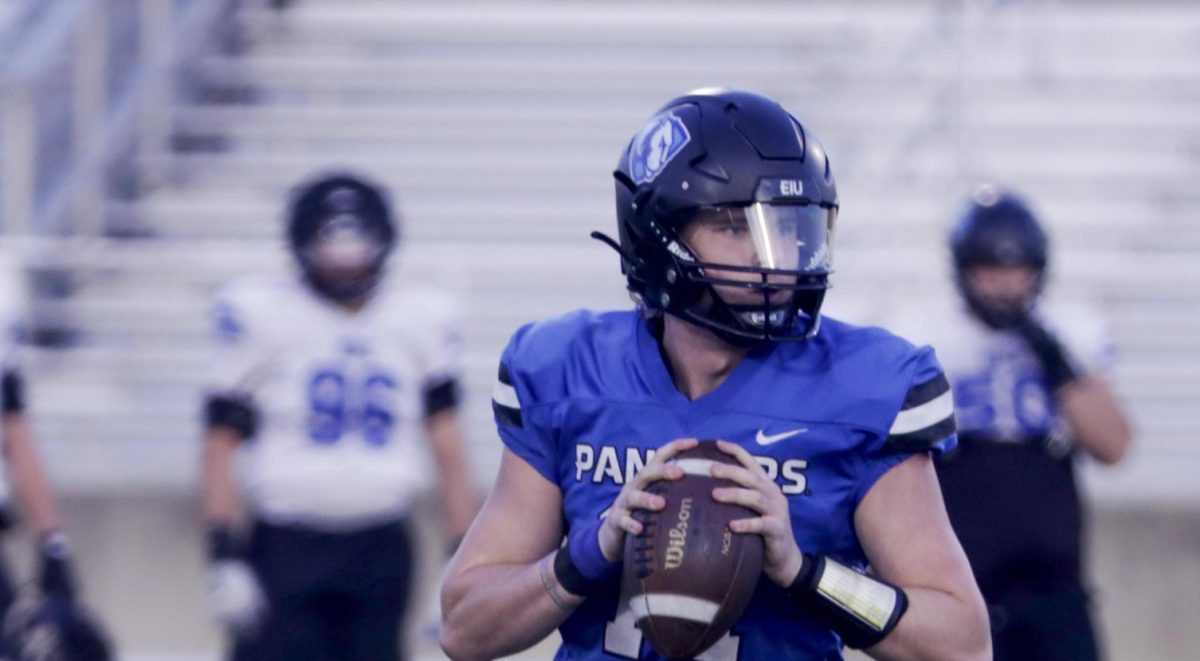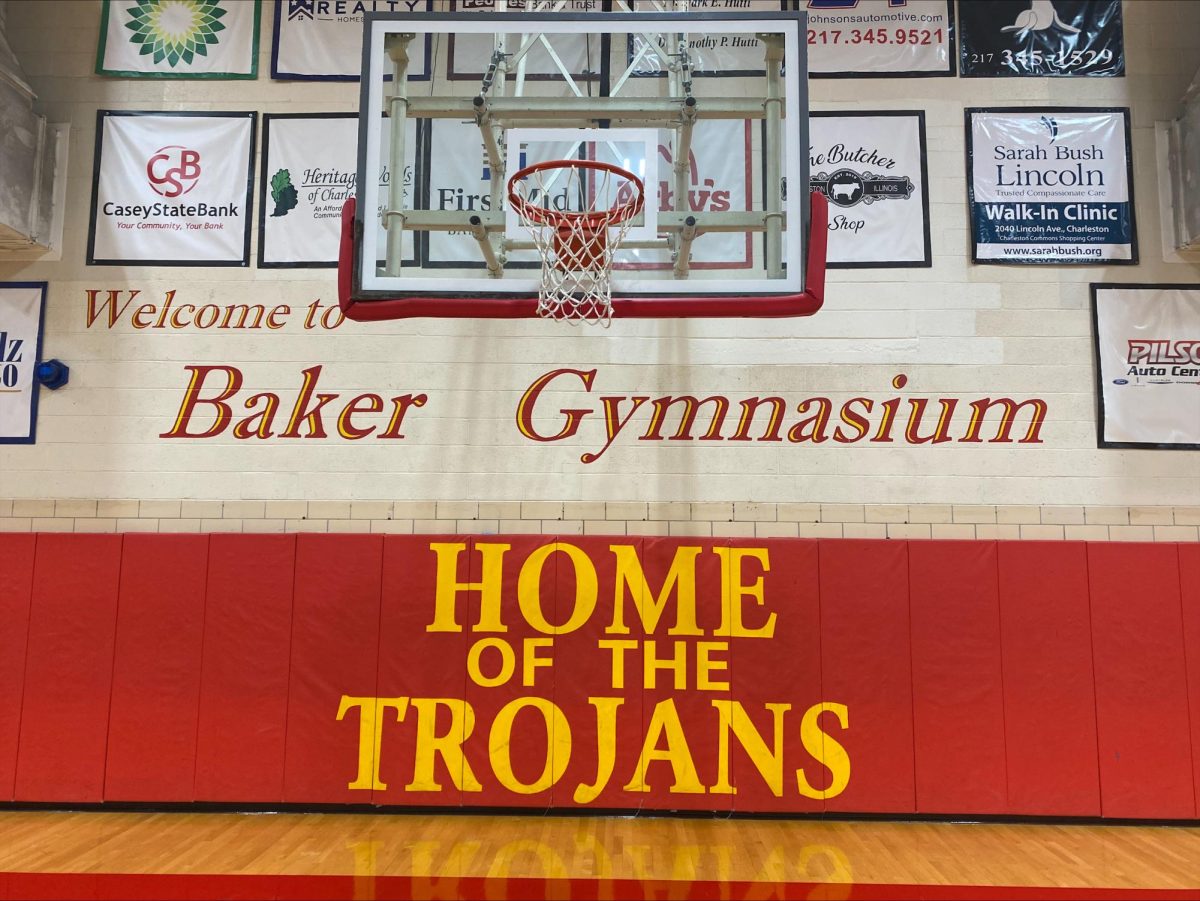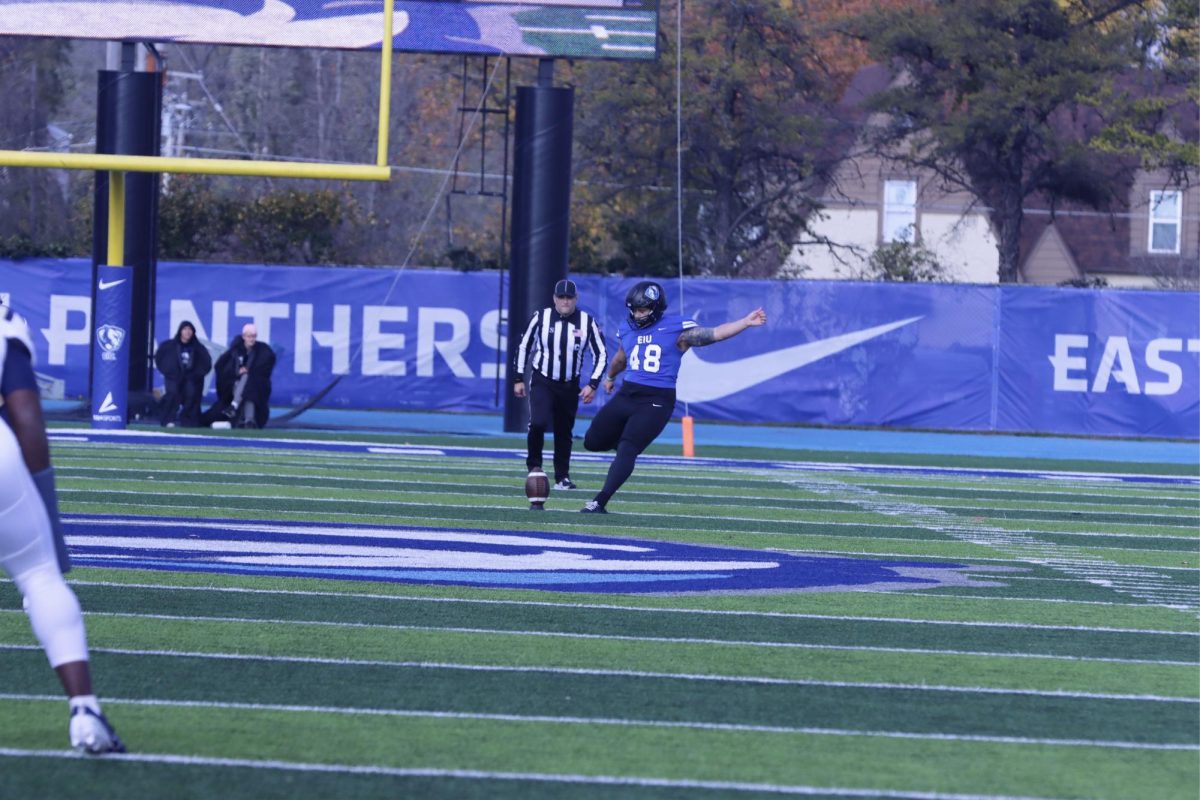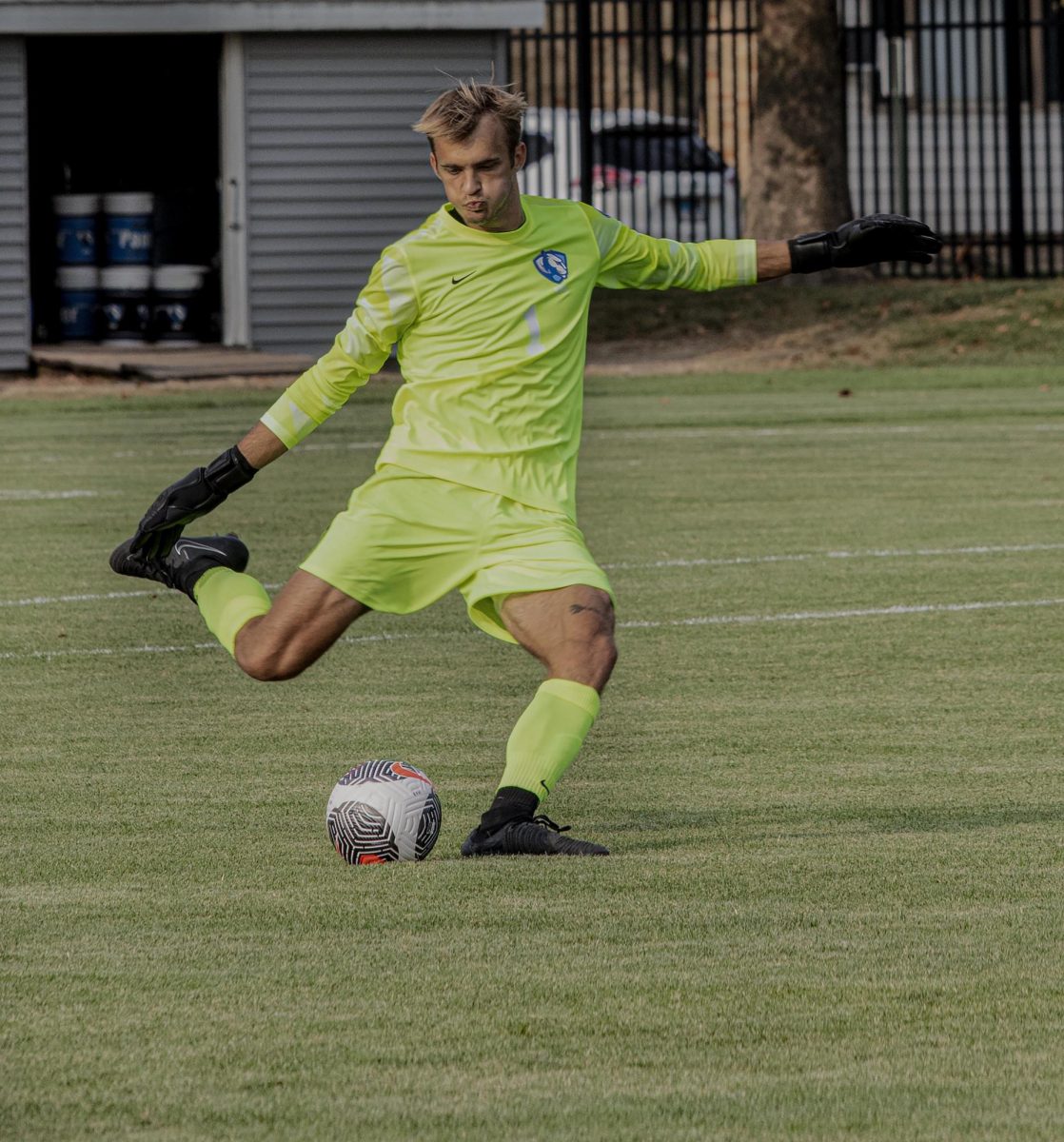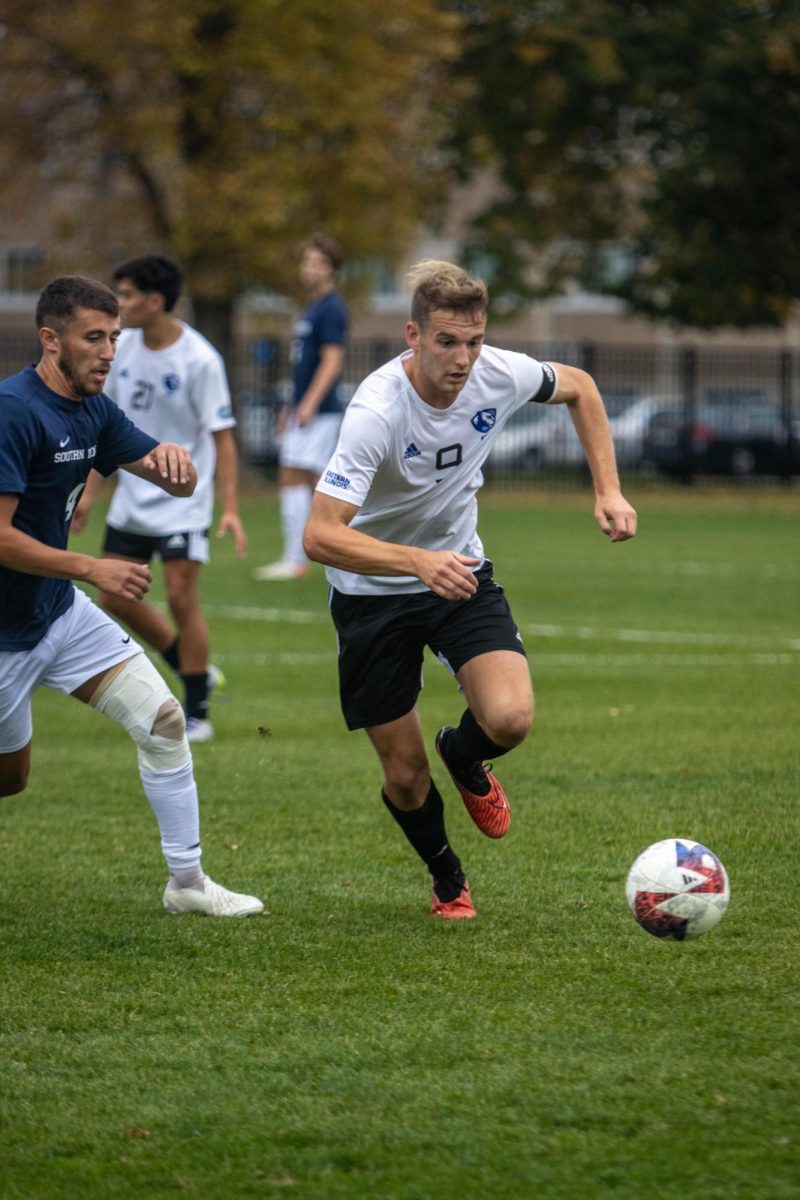Planning for union negotiations to start soon
The University Professionals of Illinois is beginning the initial planning stages for contract negotiations.
The current contract will expire in August 2010, with negotiations starting spring 2010.
The Negotiation Agenda Committee will hold its first meeting Nov. 18 and will meet again Dec. 5.
NAC is open to all UPI members with the purpose of discussing contract revisions.
“This is the point at which we start to deliberate,” said Charles Delman, president of Eastern’s chapter of UPI. “What are the big issues we want to address? What are the things that are important to us?”
Delman said the union allows for plenty of time so that everyone can have a voice in the negotiations.
John Allison, vice president of Eastern’s chapter of UPI, said the committee helps to formulate the goals for the chief negotiating team.
“They let us know what issues are important to us,” he said.
“If the bargaining team knows their strong support for certain goals that puts them in a stronger position to bargain for.”
The NAC meetings are just the initial steps.
As it gets closer to negotiations, UPI will send out a survey to members to get more feedback.
“Starting a committee early helps us decide what’s on people’s minds so we can decide more productively what to ask on the survey,” Delman said.
UPI local president Susan Kaufman said issues vary from campus to campus, but there are common denominators among contract negotiations.
“Our universities have been substantially under funded for almost a decade now,” she said.
“Our state is not in great fiscal shape. But there appears to be a growing recognition across the state that if Illinois’ economy is to grow, our state must have a strong, well-funded higher education system. Our colleges and universities must be affordable to our students, and adequate funding must be provided to attract and retain quality faculty and staff,” Kaufman added.
Kaufman said all union contract negotiations revolve around the same issues.
These issues are wages, hours and working conditions.
“Workloads must be realistic, faculty and staff have to be paid competitive salaries and benefits, and working conditions must be such that they bring about the best results from employees,” Kaufman said.
Delman said since it’s so early in the negotiation process, he could only generalize on what contract issues there were.
“The big theme I’d like to emphasis is that our interest in negotiating is. to create better lives and working conditions for ourselves, but. we strongly believe it also creates a better university for the students and everyone we serve,” he said.
Delman said if the university has attractive workloads and working conditions then the university will get the best faculty and provide the faculty with opportunities to do their best work.
“I think working conditions will be big,” he said.
“That’s just my prediction. We’re going to want to certainly maintain salary growth and keep our compensation competitive. Working conditions are also important.”
Allison served as chief negotiator during the last negotiations.
UPI’s current agreement runs from 2006-2010, Allison said.
The negotiation teams concluded discussions in late Fall 2005, but all the necessary parties on both sides signed the agreement on Jan. 19, 2007, he said.
“There are always some issues that don’t get resolved on both sides,” Allison said. “Some of those issues may not be primary issues anymore.”
Allison said this is the importance of the NAC meetings to find out what issues are now important.
He said he could not presume what the key issues will be before he gets to hear what people are really thinking about.
After NAC meets and a survey is distributed to better accumulate what the members are interested in, UPI will assemble a negotiating team.
Allison said it’s a long process of gathering information before the UPI team and administration team begin to meet.
“The goal always is to get a good contract because that helps Eastern attract and maintain quality faculty and academic support professionals,” he said.
Blair Lord, provost and vice president for academic affairs, said it was too early for the administration to start planning for the contract negotiations.
“At this point, we barely make note of items in the contract that would appear to be things we’d like to discuss with the union as they come up in the course of doing our business,” he said.
“We place a note in the file so we remember it, but we are not actively sitting down assembling positions on matters at this time,” Lord added.
He said plans for the negotiations will begin at the earliest a year from now.
It may also not be until Spring 2010.
“UPI, because has so many members, has to go through a process that takes a longer period of time than the administration,” Lord said. “They may start those kinds of conversations earlier.”
Emily Zulz can be reached at 581-7942 or at eazulz@eiu.edu.




